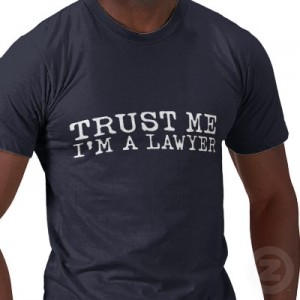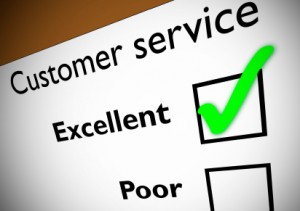If you have a few minutes today, there’s a very good chance you can use this time to bring in more business. I’ve been preaching the value of this “technique” for many years because it is an incredibly effective way to put people in your waiting room.
I put “technique” in quotes because it’s not a technique so much as common sense. You don’t have to study or practice. You don’t need any special tools. There’s nothing to prepare. You can do it as soon as you finish reading this post.
One lawyer who did this eventually wrote to me to tell me he was getting so much new business, his secretary made him stop!
So what is this brilliantly simple way to bring in more business? Simply this: Call your clients and say hello.
Call your current clients and your former clients and tell them you are calling to say hello and see how they are doing.
That’s it.
The first thing that will happen is that your clients will be amazed and delighted that you thought enough of them to reach out and say hello (without the meter running). They will appreciate you even more than they already do.
Ask them about their family or their work or business. They will be even more impressed that you remembered something personal about them. Let them talk.
Don’t ask for anything or offer anything. Remember, you’re just calling to say hello.
Now what?
Well, your presence on the telephone will prompt your clients to think about legal issues or concerns they’ve had recently and they will ask for advice. Or, they will think about a friend from work or someone in the family with a legal issue and ask you if you can help them.
Before you know it you will be talking to people who want to hire you.
Of course, you will also be talking to people with issues you don’t handle. You will refer them to lawyers in those practice areas and score points with the client and the lawyers you refer them to.
Not everyone will have business for you today. In fact, most won’t. But in reminding them that you still help people solve legal problems, when they do need your services, or know someone who does, guess who they are going to call?
If you get voice mail, leave a message and tell them you’ll call again. Call them again in a few days at a different time.
Your clients know, like, and trust you. They hired you once and they will hire you again. They know people who need your services or who will need your services in the future, and they will be only too happy to send that business to you.
And you don’t even have to ask.
—
If you want to grow your practice even quicker, go buy The Quantum Leap  Marketing System for Attorneys. It will show you how to build a large (or larger) practice quicker than you ever thought possible.













